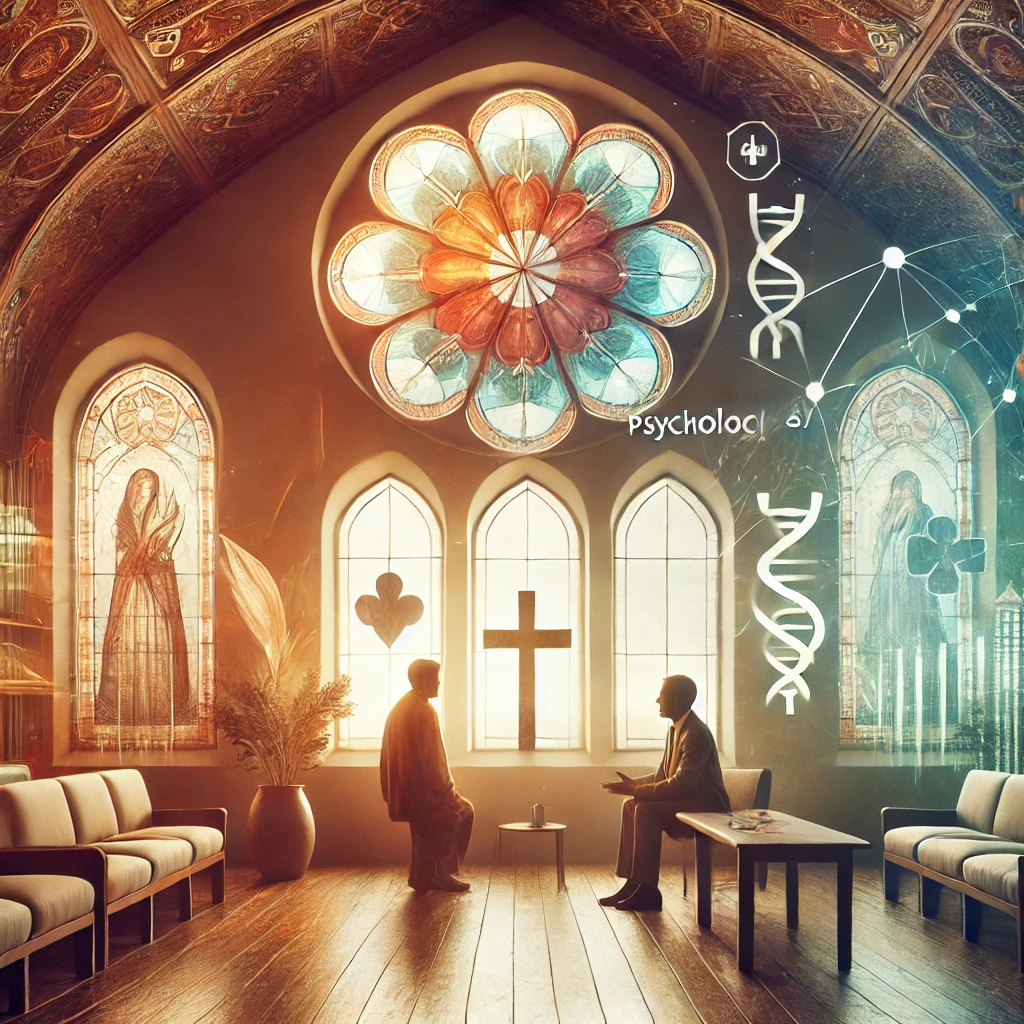Uniting Faith & Psychology: A Path to Holistic Healing

For millennia, the Christian faith community has been a sanctuary for the brokenhearted, a place where suffering finds solace and hope. In contrast, the scientific study of human mental health is relatively recent, emerging only within the past century. While modern psychology has brought invaluable insights, the claim by some mental health professionals to an exclusive hold over this work neglects the rich legacy of pastoral care and spiritual guidance. This perspective, though unintentional, risks an air of arrogance.
Yet, the Christian community, too, sometimes hesitates to acknowledge the benefits of psychological research—especially concerning Jesus’ design of the human nervous system and the wisdom such study can bring to compassionate, effective care. To dismiss these insights is equally prideful. In humility, we must recognize that both disciplines offer vital understanding. Collaboration is essential, not only to provide robust care but also to bridge the global mental health gap that isolates many from healing.
Such partnership ensures that both the church and the field of psychology remain deeply relevant, meeting the profound needs of future generations. While the language and framework of mental health may be new, the mission of caring for the wounded soul is as old as time. By uniting faith with science, we honor both ancient wisdom and modern discovery, better equipped to “bind up the brokenhearted” and bring true, enduring healing.
The Language of Mental Health and Faith
Understanding the language of mental health is invaluable for the faith community, as it’s the language society uses to discuss suffering. This vocabulary permeates the marketplace, the education system, and the media; it’s how our culture describes the pain and struggles of daily life. If the church resists adopting this language, it risks alienating itself from the next generation, who may come to view the church as solely concerned with the afterlife and moral guidance but disconnected from the real challenges people face in the here and now.
Similarly, faith-based mental health professionals must not overlook the rich language and wisdom of the Bible when addressing human suffering. To neglect this risks preaching another gospel that denies the profound healing and transformation found within the body of Christ and biblical teaching.
The paradigms and language of mental health do not replace the ancient wisdom of the Bible; they expand on it. The Author of Scripture and the Designer of the human nervous system are one and the same—Jesus. When we study and accurately interpret both, we find a harmonious revelation of our Creator, illuminating pathways to hope, resilience, and wholeness that honor both the truths of faith and the insights of science.
Embracing Science as a Gift of Grace
The scientific study of the nervous system—Jesus’ own design—is a remarkable gift of common grace. Through advances in technology like MRI, fMRI, PET, and SPECT, we have been given an unprecedented window into how God wired us, a gift we should receive with gratitude and humility. These insights hold immense potential for healing and growth, yet the knowledge they bring is not meant to elevate one profession above another. Instead, they are tools to be shared, enabling us to serve others more fully.
Rather than the mental health field viewing itself as superior to the church’s ancient wisdom, the task should be one of partnership. The mental health community can support and equip the church to build on its millennia-old mission of caring for the wounded, enriching pastoral care with scientifically grounded insights. The church and mental health professionals share a common mission: to bind up the brokenhearted and bring relief to those who suffer. We are not in competition; rather, we are allies working toward the same goal—the flourishing of individuals physically, mentally, relationally, and spiritually.
Empowering the Global Church
The World Health Organization has acknowledged that professional pathways alone cannot address the global mental health crisis. The church, uniquely positioned with its global presence and biblical mandate, has the capacity to reach people in ways no other organization can. For generations, the faith community has been the hands and feet of Jesus, reaching into every corner of the earth to offer comfort and healing. Equipping the church with new tools and knowledge—within a framework of mutual respect and cooperation—is essential to address human suffering on a global scale.
This collaborative vision is the foundation of Neuroscience Informed Christian Counseling® (NICC) and the NICC Institute. Our aim is to equip the historic church with contemporary tools to meet the pressing needs of our time, empowering it to continue its mission with greater effectiveness and compassion. Together, we can serve the suffering world in ways that honor both ancient wisdom and modern understanding, joining hands in a shared calling to bring light, hope, and healing.
REFERENCES